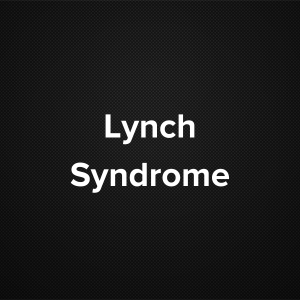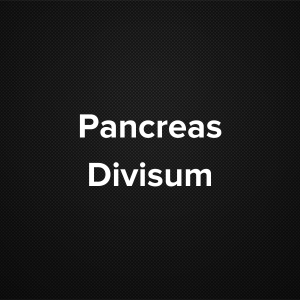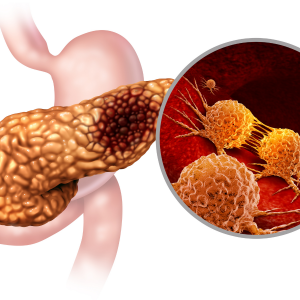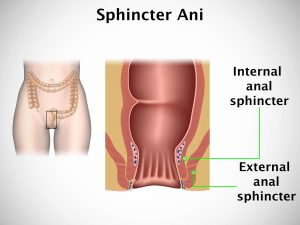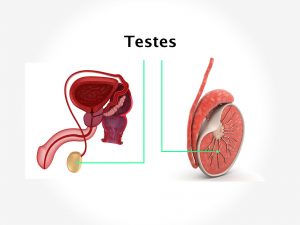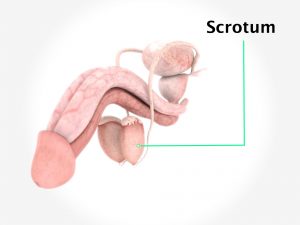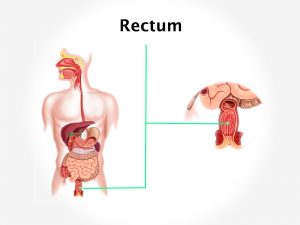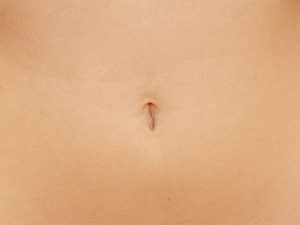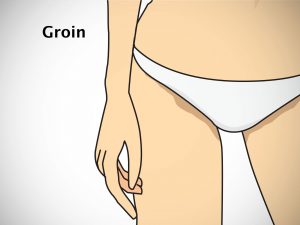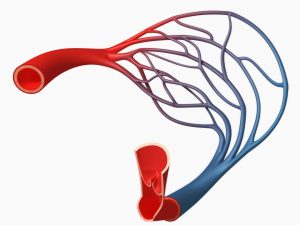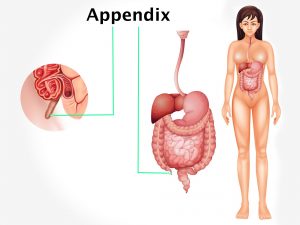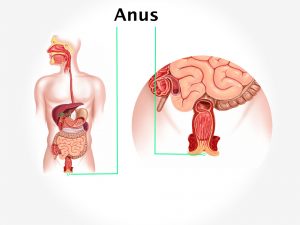Causative & risk factors
Any kind of trauma or injury to the anal canal can lead to the development of anal fissure.
Passing a large or hard stool is the commonest cause of anal fissure. Suffering from acute, chronic or recurrent constipation or diarrhea also leads to the development of anal fissures. Anal fissure is a common complication of childbirth. Underlying diseases such as HIV, syphilis, Tuberculosis, anal cancer or local infections can also cause formation of anal fissures.
Clinical presentation
The patient experiences severe pain while passing stools and for a long time after. This pain may even last for hours. The stool is streaked with bright red blood. Anal itching may be present. A crack is visible in the skin around the anus.
Constipation causes anal fissure and the pain caused due to anal fissure prevents the person from passing stool which again leads to constipation. Thus it’s a vicious cycle of constipation – pain – constipation.
Investigations
Symptomatic assessment of the patient and physical examination of the rectum is adequate to make a diagnosis of anal fissure. If any underlying condition of the rectum or colon is suspected, sigmoidoscopy or colonoscopy is performed.
Treatment
If the stool is kept soft, an anal fissure will heal by itself in a few weeks. Plenty of fluids and a fiber rich diet are advocated for this purpose. A Sitz bath is recommended for pain relief. Stool softeners are recommended to prevent constipation and ensure smooth passage of faeces.
Anti-inflammatory drugs can be given orally to relieve the pain. Topical applications containing nitroglycerin, calcium channel blockers or steroids are recommended to promote healing. Some patents may need a Botox injection to paralyze the anal sphincter. Anal dilatation is a common procedure that the patient can practice at home under topical anesthesia. Conservative treatment is adequate to treat anal fissures in most cases.
When no other treatment works, surgery is carried out in which a portion of the anal sphincter is cut (partial lateral sphincterectomy).
Recent updates
A recent study has revealed that people who use squat toilets are more prone to developing anal fissures.


